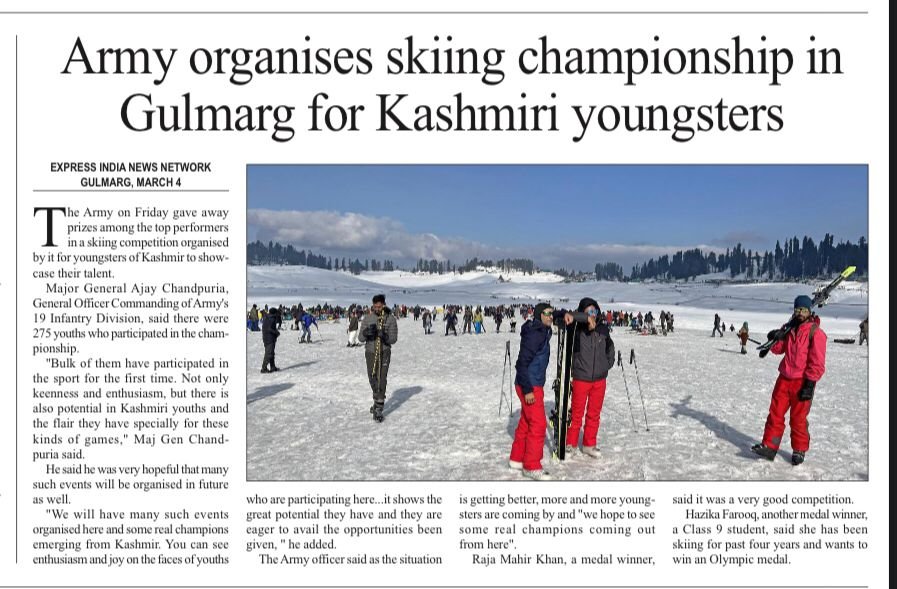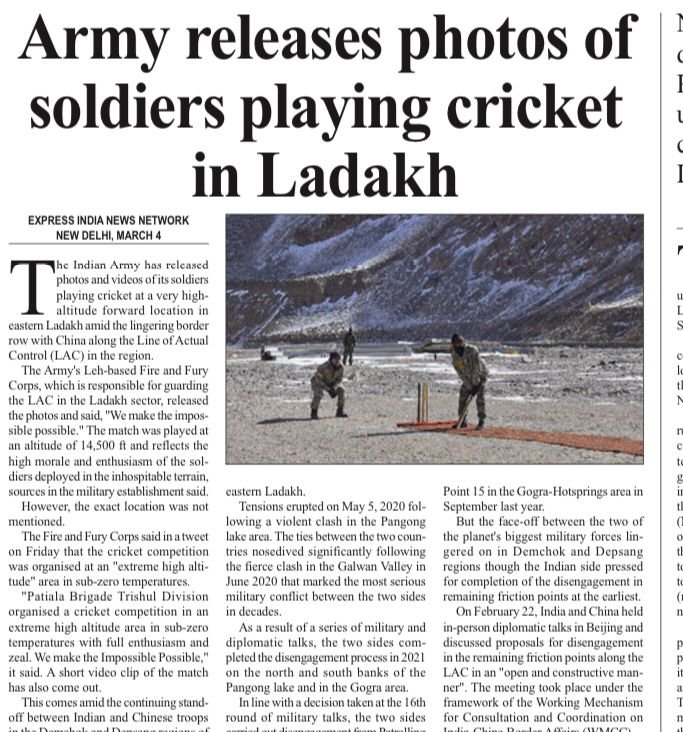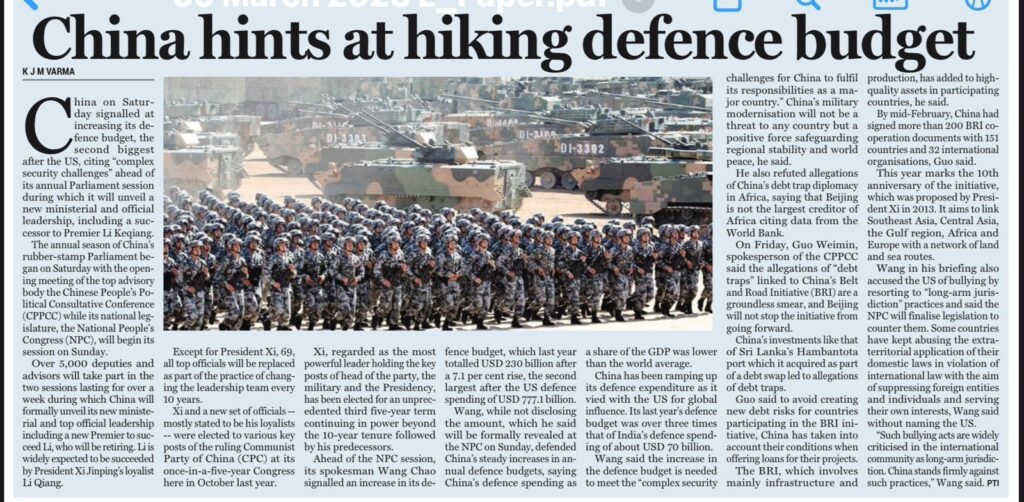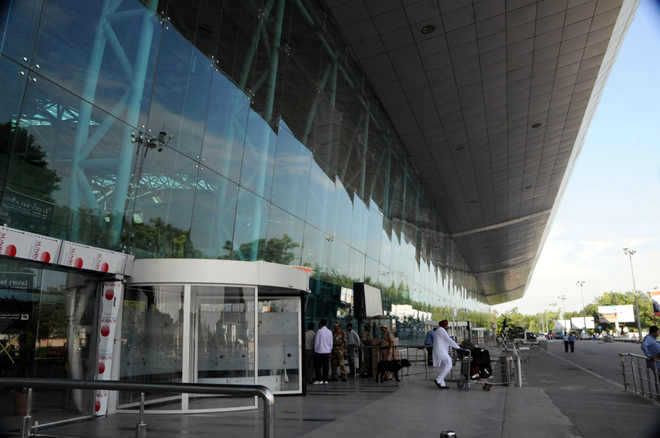














Kryvyi Rih, March 4
The pops of welding torches and the piecing whine of angle grinders fill the spacious production floor at a steel plant in Kryvyi Rih, the city in central Ukraine that is President Volodymyr Zelenskyy ‘s hometown.
Instead of doing their usual jobs producing and repairing mining equipment, some workers are busy building metal bunkers for front-line troops. Ukrainian mining and metals company Metinvest launched the project, and the plant workers say they are happy contributing to the resistance to Russia’s invasion.
For now, that means assembling prefabricated materials into underground shelters using a Soviet-era design. They have already shipped 123 of the 2-metre (6 1/2-foot) -wide, 6-metre (20-foot) -long structures structures to areas that include eastern Ukraine’s Zaporizhzhia and Donetsk provinces.
Each shelter requires nearly 2 tons of steel. The bunkers are built to withstand projectiles with calibers of up to 152 millimetres, can accommodate up to six soldiers and need to be buried 1.5 metres (about 5 feet) underground. — AP

Samba/Jammu, March 4
DGP Dilbag Singh on Saturday said Pakistan was trying to push more terrorists, drugs and weapons in Jammu and Kashmir, where the graph of militancy had been declining.
He termed as big success the Friday’s recovery of 7-kg heroin, over Rs 2 crore and arms and ammunition from a notorious drug peddler’s house near the LoC in Poonch. “The security forces have been working comprehensively to dismantle the entire support structure of terrorism, but Pakistan is still making continuous efforts to push the terrorists in large numbers onto this side,” the DGP said on the sidelines of an event in Samba district.

Ambika Sharma
Solan, February 4
Unstable strata and the presence of a water tank on the hill right above a 460-m tunnel have stopped the work to connect its two ends at Kandaghat on the Solan-Kaithlighat section of the National Highway No. 5.
The National Highways Authority of India (NHAI) has worked out a new alignment to connect the two ends of the tunnel. The work to widen this 22.91-km section of the highway was supposed to be completed by the end of this year but this additional work is bound to delay it.
A detailed project report (DPR) is prepared when such projects are executed but the presence of a water tank was perhaps ignored while finalising this project.
The tunnel will connect the 395-m flyover, which is being constructed near Kandaghat as part of the project to widen the Chambaghat-Kaithlighat section of the highway.
“The new alignment worked out to connect the two ends of the tunnel will increase its length by another 200 m. Forest clearance for additional nine hectares is being sought. Approval for this additional work is also awaited, as it has enhanced the cost of construction. The work will take a year to complete,” said Ram Asra Khural, Project Director, NHAI.
Jal Shakti Department (JSD) officials had reportedly flagged the issue to the NHAI years ago.
Sumit Sood, Executive Engineer, JSD, Solan, said, “No space is available to relocate the water tank. The pumping machinery installed there is meant for that particular height and it will be rendered useless if the tank is relocated at a higher elevation.”
The work to widen the 22.91-km stretch on the Kalka-Shimla highway was assigned to AIREF Engineers in December 2018.
Twin impediments
New alignment worked out: NHAI
A new alignment has been worked out to connect the two ends of the tunnel. It will increase its length by another 200 m, which will require additional forest clearance, besides increasing the project cost. — Ram Asra Khural, project director, nhai
India’s representative Seema Pujani slammed her Pakistani counterpart Hina Rabbani Khar at UNHRC. ANI
ANI
New York, March 4
India has slammed Pakistan on the issue of religious freedom of minorities at the United Nations Human Rights Council (UNHRC).
Using its right to reply, India’s representative Seema Pujani slammed her Pakistani counterpart Hina Rabbani Khar saying, “No religious minority can freely live or practice its religion in Pakistan today. The Ahmadiya community continues to be persecuted by the state for simply practising their faith.” Responding to the statement delivered by Pakistani counterpart Hina Rabbani Khar, Pujani said, “Pakistan’s representative has once again chosen to misuse this august forum for its malicious propaganda against India.” The Indian Representative also shed light on the issue of enforced disappearances.
“In the last decade, Pakistan’s own commission of inquiry on enforced disappearances has received 8,463 complaints. The Baloch people have borne the brunt of this cruel policy. Students, doctors, engineers, teachers and community leaders are regularly disappeared by the state, never to return back,” said Pujani.
She also highlighted the plight of Christians in the country and how they are mistreated in the country.
“Equally worse is the treatment of the Christian community. It is frequently targeted through draconian blasphemy laws. State institutions officially reserve sanitation jobs for Christians,” said Pujani.
She also raised concern over a “predatory state and an apathetic judiciary,” regarding the conversion of underage minority girls.
“Underage girls from the community are converted to Islam abetted by a predatory state and an apathetic judiciary. Hindu and Sikh communities face similar issues of frequent attack on their places of worship and forced conversion of their underage girls. The state’s crackdown on those who wish to raise their voice against any of these heinous policies is also incomparable. A bill, which proposes a five-year jail term for anyone who scandalises or ridicules the military or the judiciary is currently on the table in Pakistan’s parliament,” said Pujani.
The Indian diplomat also slammed Pakistan for supporting terrorism, saying, that Pakistan’s “security agencies have nurtured and sheltered Hafiz Saeed and Masood Azhar for decades”.
“When it is not entirely focused on suppressing its own population, Pakistan actively lends its energies to aid, host and abet international terrorists. It has the unique distinction of hosting the most number of UNSC-designated terrorists and terror organizations. Allow me to recall that Osama bin Laden lived next to Pakistan’s premier military academy. Its security agencies have nurtured and sheltered Hafiz Saeed and Masood Azar for decades. These are but a few dreaded names from the annals of Pakistan’s history of supporting terrorism. Pakistan’s policies are directly responsible for the death of thousands of civilians around the world. Pakistan’s obsession with India, while its population battle for their lives, livelihood and freedom is an indicator,” she added.

Amritsar, March 3
Italian airline Neos Air is going to commence flights connecting Amritsar with Toronto in Canada and New York in the US via its hub at Milan Malpensa Airport from April 6.
Neos Air commenced scheduled services between Milan Malpensa and Amritsar in mid-December 2022. The airline first started operations to Amritsar during the pandemic. The operation of chartered flights by Indian carrier SpiceJet from Amritsar to Milan Bergamo and Rome during the Covid-19 times resulted in the Indian carrier being allowed to start scheduled flights to both airports in Italy in November last year.According to the booking schedule, the airline will operate one weekly flight from April 6 onwards to both Toronto and New York. The flight (No.3249) will leave Amritsar every Thursday at 3.15 in the morning reaching Milan Malpensa airport at 8.20 am the same day. With a transit time layover of about 4hr 10m, the flight (No.4348) will leave Milan at 12.30 pm reaching Toronto late afternoon at 3 pm.
Neos flight (No.4349) will take off from Toronto Pearson airport every Thursday at 5 pm landing at Milan next day at 6.50 am on Friday. From Milan, flight (No.5248) will then leave at 10 am reaching Amritsar the same day on Friday night at 9.15 pm. This enables short transit time of 3 hr 10m through Milan.

New Delhi, March 4
External Affairs Minister S Jaishankar held several bilateral meetings with his counterparts who were here for the G20 Foreign Ministers’ Meeting and the Raisina Dialogue.
Among them, three were from NATO countries and three to whom India is extending extensive developmental or security assistance. Jaishankar — for the second time in a month — met Canadian Foreign Minister Melanie Joly as the two sides seek to build on their extensive people-to-people ties which are also a challenge because of the separatist activities by Sikhs of Indian origin in Canada. The two leaders last met on February 6 to identify areas where the interests of both countries converge and where they could further collaborate on global and regional issues. Canada also sees a greater role for India in its new Indo-Pacific Strategy which was released in November last year.

New Delhi, March 4
Australian Prime Minister Anthony Albanese will travel to India from March 8 to 11. Besides discussing inter-state matters, he will play Holi and join PM Narendra Modi at the fourth cricket Test match of the Border-Gavaskar trophy in Ahmedabad. This will be the first visit by an Australian Prime Minister to India since 2017.
An Australian readout said Albanese’s visit to Ahmedabad, Mumbai and New Delhi “will further deepen Australia’s strategic, economic and people-to-people ties” with India, a “close friend and partner” of Canberra.
“Our ties with India can be stronger. A stronger India-Australia partnership is good for the stability of our region. I look forward to hosting PM Modi in Australia mid-year for the Quad Leaders’ Summit and to visiting India again in September for the G20 Leaders’ Summit,’’ Albanese said.
Both PMs will attend the Australia-India Annual Leaders’ Summit here during which they will discuss trade and investment, renewable energy, technology, defence and security cooperation. Foreign Secretary Penny Wong has just visited Delhi during which she attended the Quad Foreign Ministers’ meeting, the G20 FMM and held a bilateral with Jaishankar whom she had met in Australia last month.
Indicating Indian interest in mining for rare metals in Australia, Albanese will be accompanied by Trade and Tourism Minister Don Farrell and Resources Minister Madeleine King along with a delegation of Australian business leaders.
The delegation will participate in the Australia-India CEO Forum in Mumbai where it will also discuss the impact of the interim FTA.
THE ITINERARY
I look forward to hosting Prime Minister Modi in Australia mid-year for the Quad Leaders’ Summit. — Anthony Albanese, Australian Prime Minister

China is willing to speed up the resumption of exchanges and cooperation with India in various fields, resume direct flights at the earliest date and facilitate people-to-people exchanges. – File photo
https://cdn.vuukle.com/widgets/audio.html?version=1.0.5
Advertisement
New Delhi, March 3
China has said the boundary issue with India “should be put in the proper place in bilateral relations” while calling for the situation on the borders to be brought under “normalised management” as soon as possible, according to Beijing’s version of the first-ever talks between new Chinese Foreign Minister Qin Gang with Minister of External Affairs S Jaishankar here on Thursday.
In ‘proper place’
The boundary issue should be put in the proper place in bilateral relations. The situation on the borders should be brought under normalised management as soon as possible. Qin Gang, Chinese Foreign Minister
The two sides, said Qin, should view their bilateral relations in the context of the once-in-a-century changes in the world, maintain dialogue and properly resolve disputes, and promote the improvement of bilateral relations and the steady moving forward of relations.
China is willing to speed up the resumption of exchanges and cooperation with India in various fields, resume direct flights at the earliest date and facilitate people-to-people exchanges. China and India also have shared interests in safeguarding the rights and interests of developing countries, promoting South-South cooperation and addressing climate change, said the Chinese Foreign Minister.
The Chinese formulation diverges from the Indian position which has been articulated by Jaishankar. “It is the willingness to take a long-term view of their ties that the two countries must display. Peace and tranquility in the border areas clearly remains the basis for normal relations,” Jaishankar had said, suggesting that unlike Beijing’s position, India wanted the border question to be first sorted out before ties in other areas could be developed.
Jaishankar and Qin had met on the margins of the G20 Foreign Ministers’ meeting.
Just as the Chinese stand that the border issue with India should be bilaterally discussed along with other bilateral subjects is not new, Beijing’s call for borders to be brought under “normalised management” as soon as possible was last stated on January 15.



























































